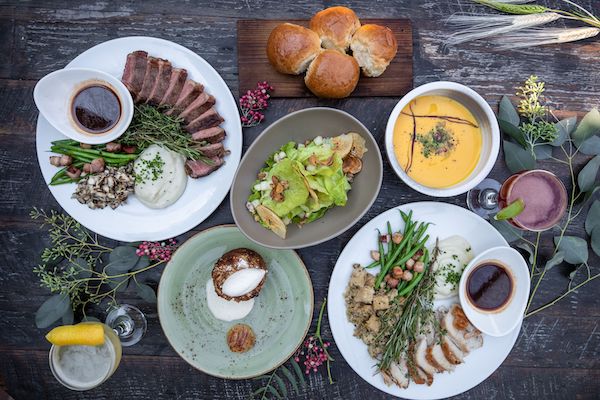Beyond the Basics – Advanced Strategies for Restaurant Training Excellence
Achieving training excellence in the restaurant industry requires a commitment to advanced strategies that go beyond the basics. One key element is the implementation of a comprehensive mentorship program. This involves pairing seasoned staff with new hires to facilitate a hands-on learning experience. The mentorship approach fosters a sense of camaraderie and accelerates the onboarding process, ensuring that employees not only grasp the fundamentals but also absorb the nuances of the restaurant’s culture and service standards. Moreover, a continuous learning environment is vital for sustained excellence. Implementing regular workshops, seminars, and skill-building sessions keeps the staff engaged and up-to-date with industry trends. This approach encourages a culture of curiosity and innovation, fostering a dynamic team that is adaptable to changing customer preferences and operational requirements. Furthermore, leveraging technology can elevate training programs to new heights. Integrating virtual reality VR simulations into the training curriculum allows employees to practice their roles in realistic scenarios, enhancing their decision-making skills and confidence. This immersive approach is particularly effective for front-of-house staff that can simulate customer interactions, improving their communication and problem-solving abilities.

Additionally, incorporating e-learning platforms and mobile applications provides flexibility for staff to access training materials at their own pace, fostering a culture of self-directed learning. In pursuit of training excellence, a data-driven approach is indispensable. Utilizing performance metrics and feedback analytics allows restaurant managers to identify areas of improvement and tailor training programs accordingly. This data-driven insight not only ensures that training is effective but also enables the personalization of learning paths for individual employees, addressing specific skill gaps and enhancing overall performance. Additionally, implementing mystery shopper programs and customer feedback loops provides valuable real-world assessments of staff performance, offering tangible insights into the effectiveness of training initiatives. Another advanced strategy is cross-training employees across different roles within the Waitrainer restaurant training software. This not only enhances their skill set but also contributes to operational flexibility.
A chef who understands front-of-house operations, and vice versa, creates a cohesive team capable of seamlessly adapting to peak periods or unexpected challenges. Moreover, cross-training instills a sense of empathy and appreciation for the challenges faced by colleagues in different roles, fostering a collaborative and supportive work environment. Lastly, embracing a culture of continuous improvement is essential for sustaining training excellence. Regularly reassessing training programs, seeking employee input, and staying attuned to industry best practices ensures that the restaurant remains at the forefront of innovation. This commitment to ongoing refinement positions the establishment as a leader in staff development and contributes to long-term success in the highly competitive restaurant industry. In conclusion, achieving training excellence in the restaurant business demands a multifaceted approach that combines mentorship, technology integration, data-driven insights, cross-training, and a commitment to continuous improvement.
